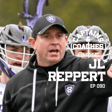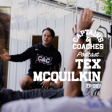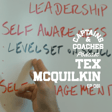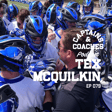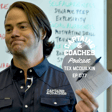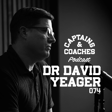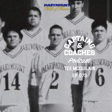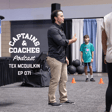
062 - Mile High Standards w/ Andy Holmes
What separates athletes who survive pressure from those who thrive in it? At 5,280 feet, where the air is thin and standards are even higher, Coach Andy Holmes is redefining what it means to develop championship mentality.
In this conversation, we explore discipline as a practice of intentional choice—not just following orders, but actively choosing discomfort, choosing growth, choosing to show up when no one's watching.
From his journey through the Marine Corps to special operations training, from Texas football to Denver soccer, Andy brings a unique perspective on development that transcends sport. We dive deep into how athletes learn to lead themselves first before leading others, why delayed gratification is the ultimate competitive advantage, and how choosing your identity daily creates more freedom than clinging to it desperately.
Training - Old Bull Program - 7 Day Free Trial - https://bit.ly/old-bull-train
Education - Why They're Not Listening: Coaching the Modern Athlete - http://listen.captainsandcoaches.com
#StrengthAndConditioning #AthleticDevelopment #ChampionshipMentality #SportsPerformance #CoachingPhilosophy #CollegeSoccer #MentalToughness #LeadershipInSports #AthletesMindset #PerformanceCoaching
